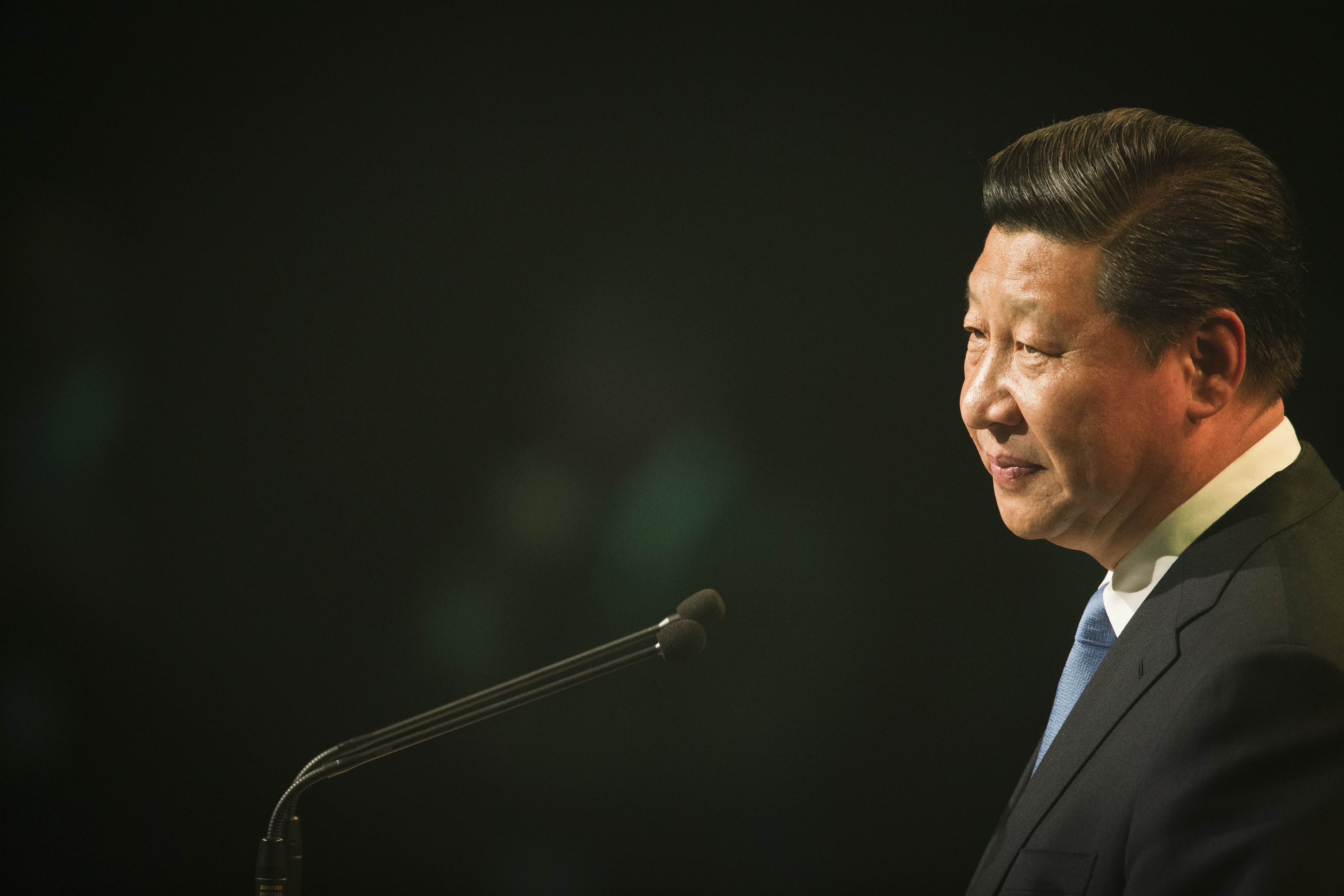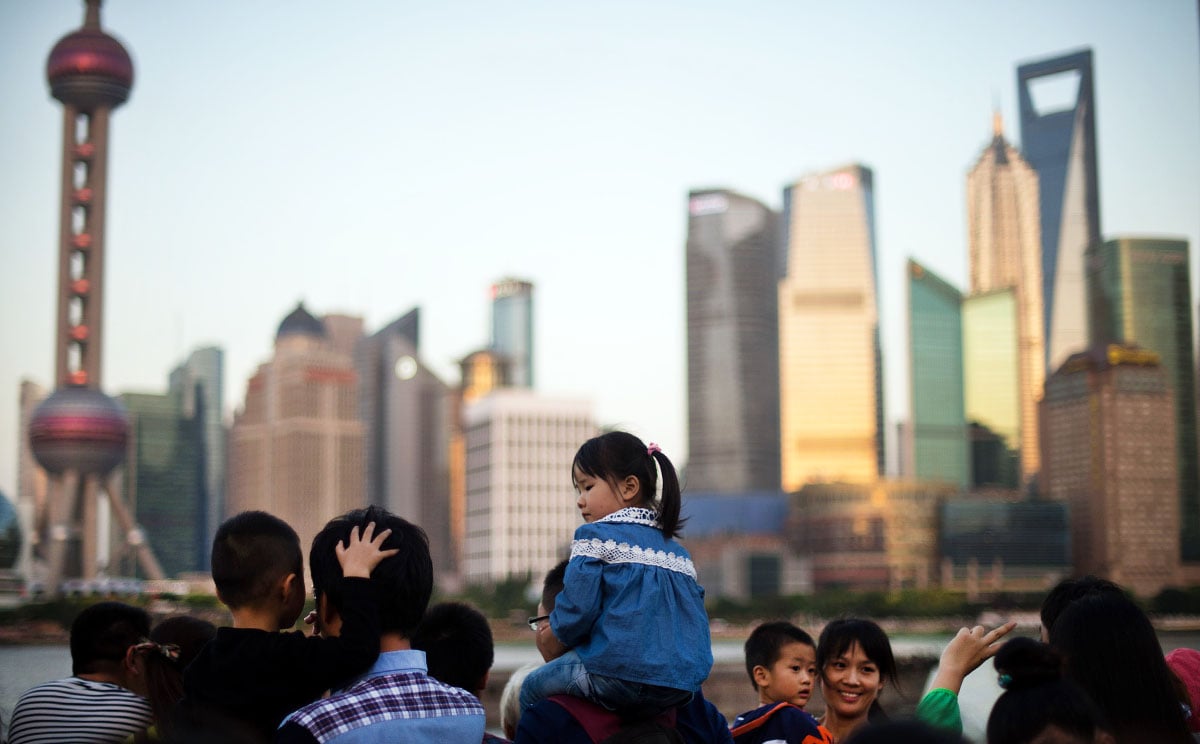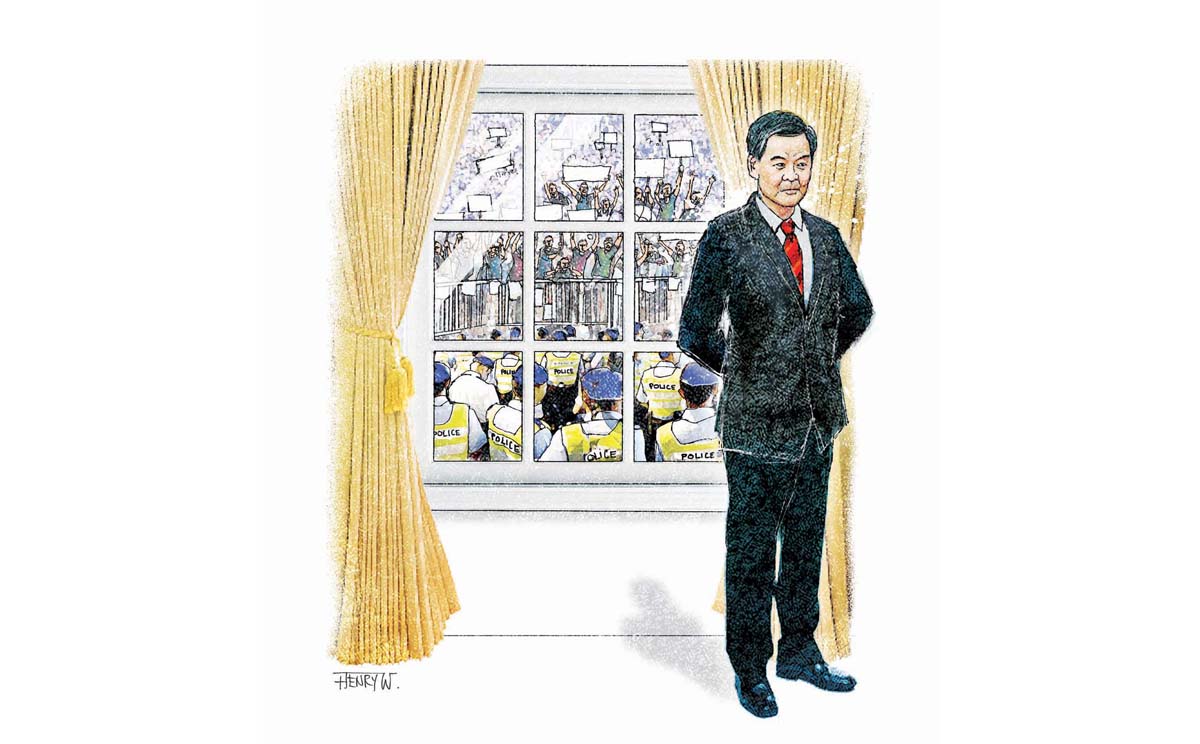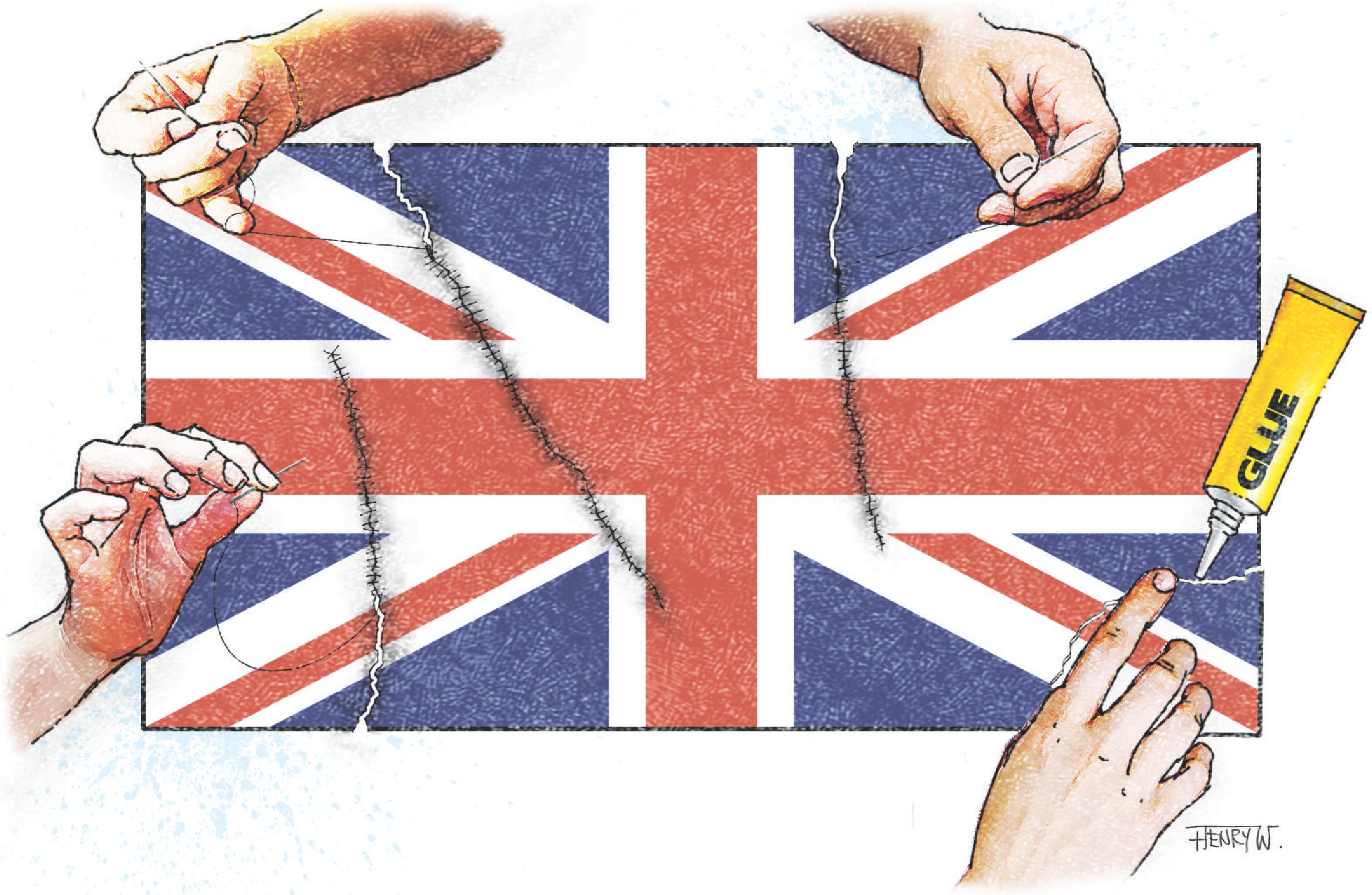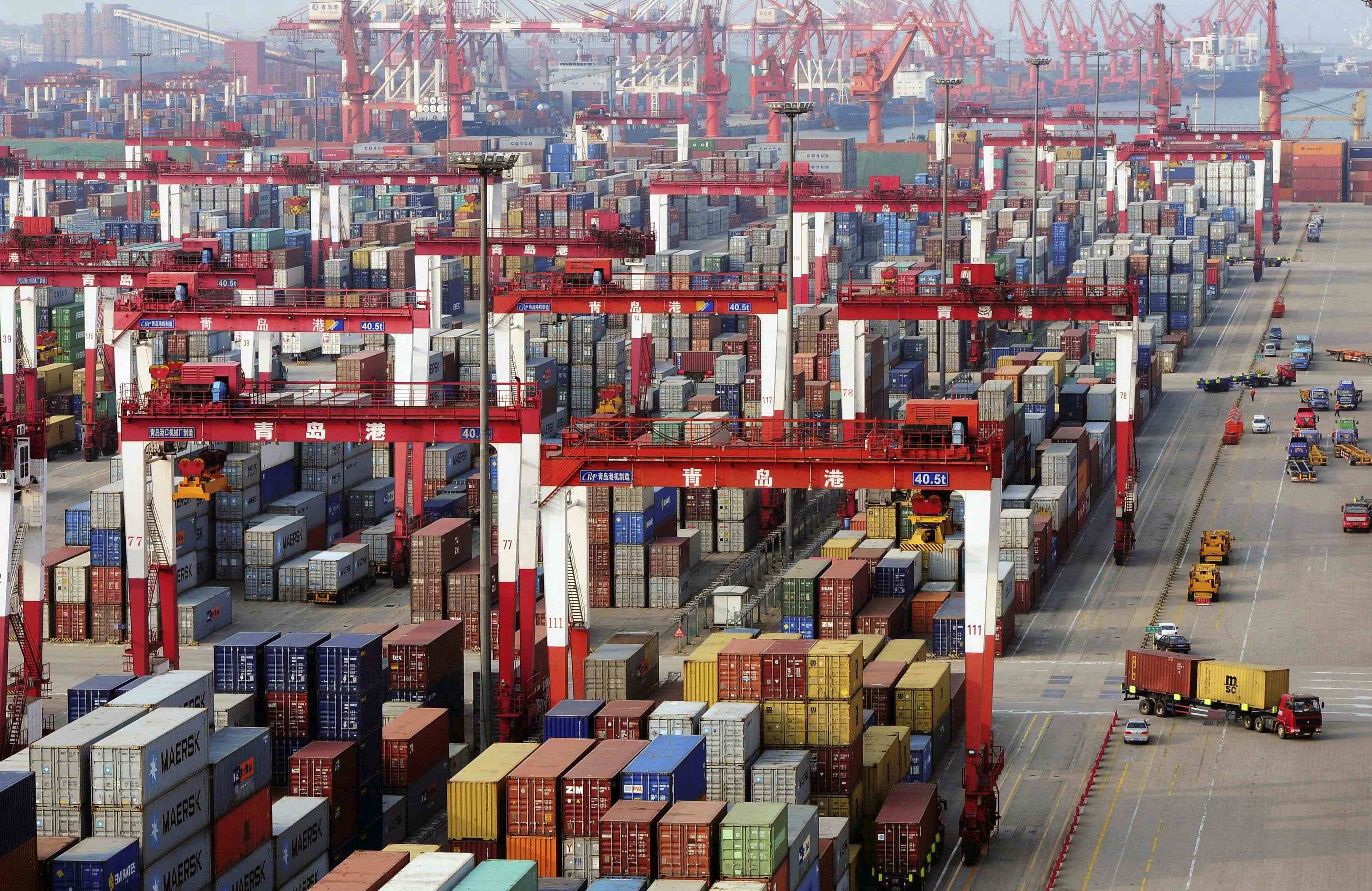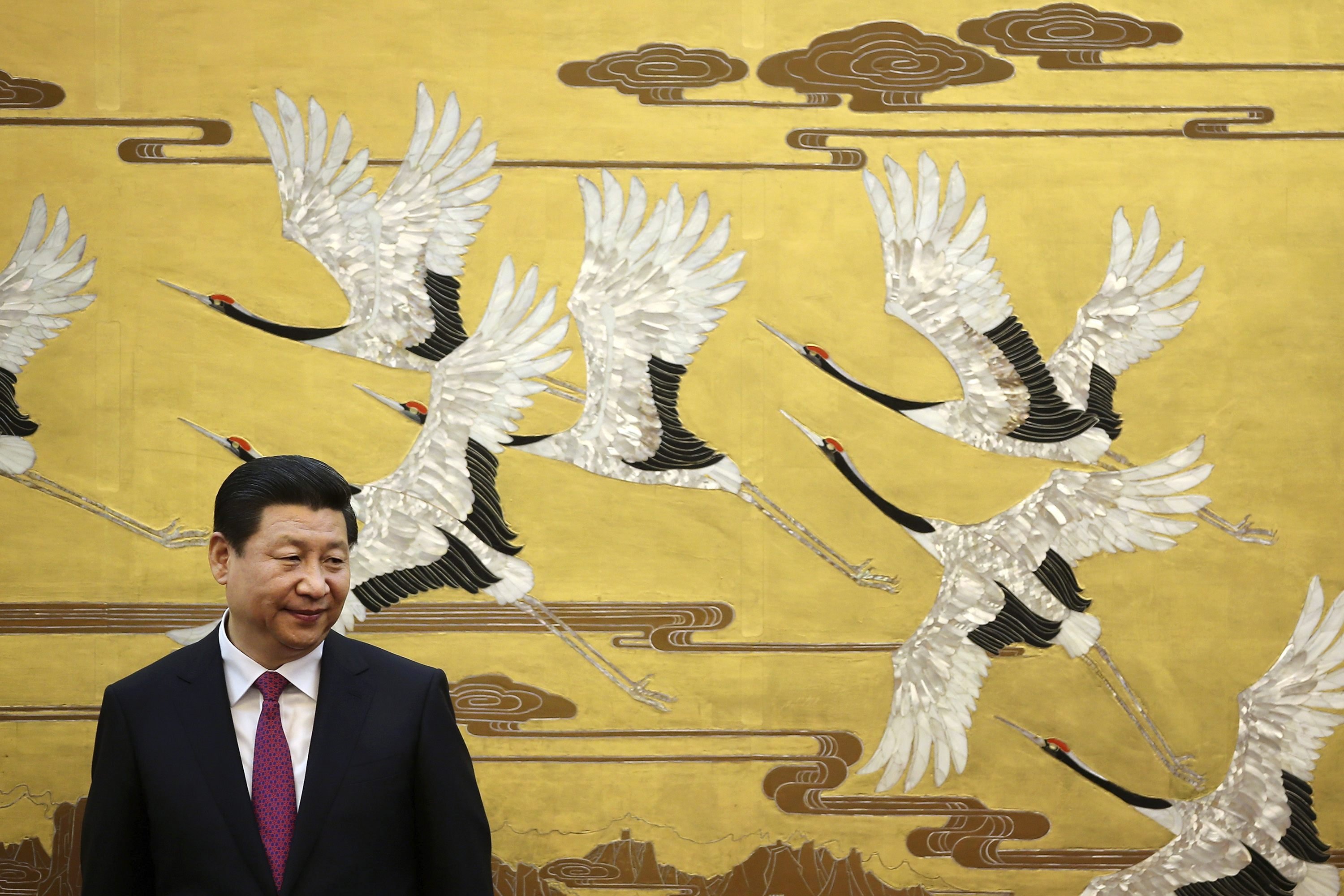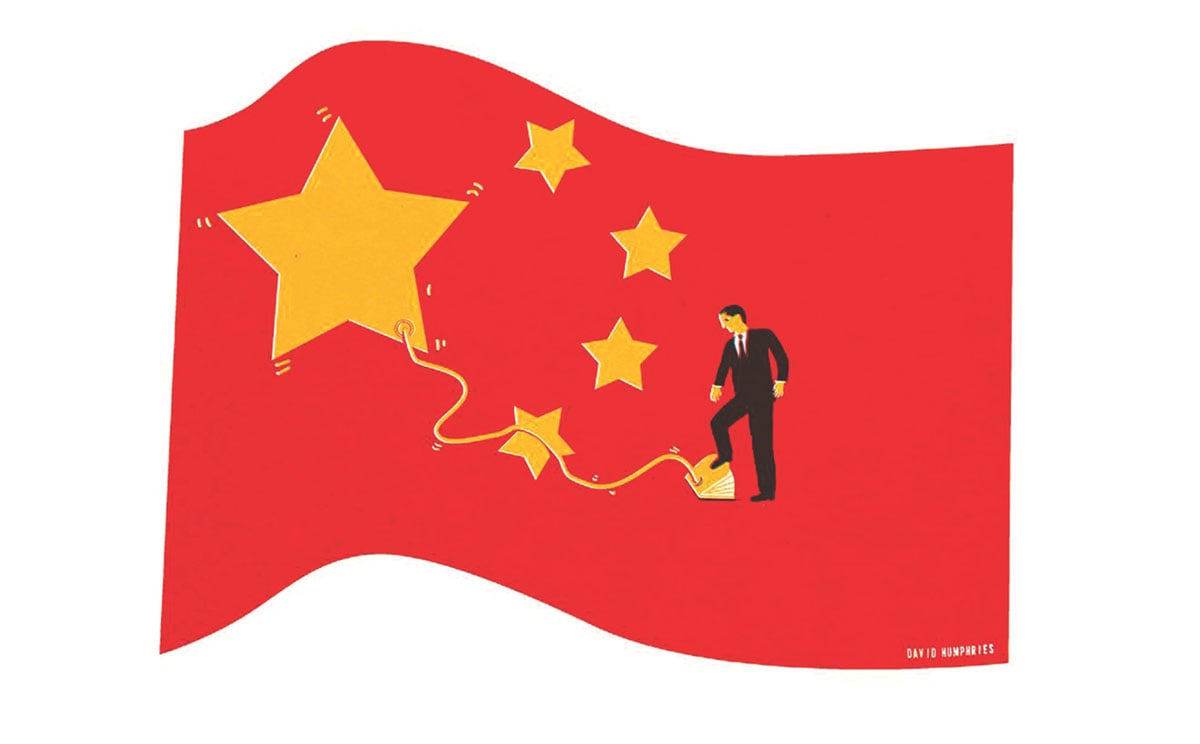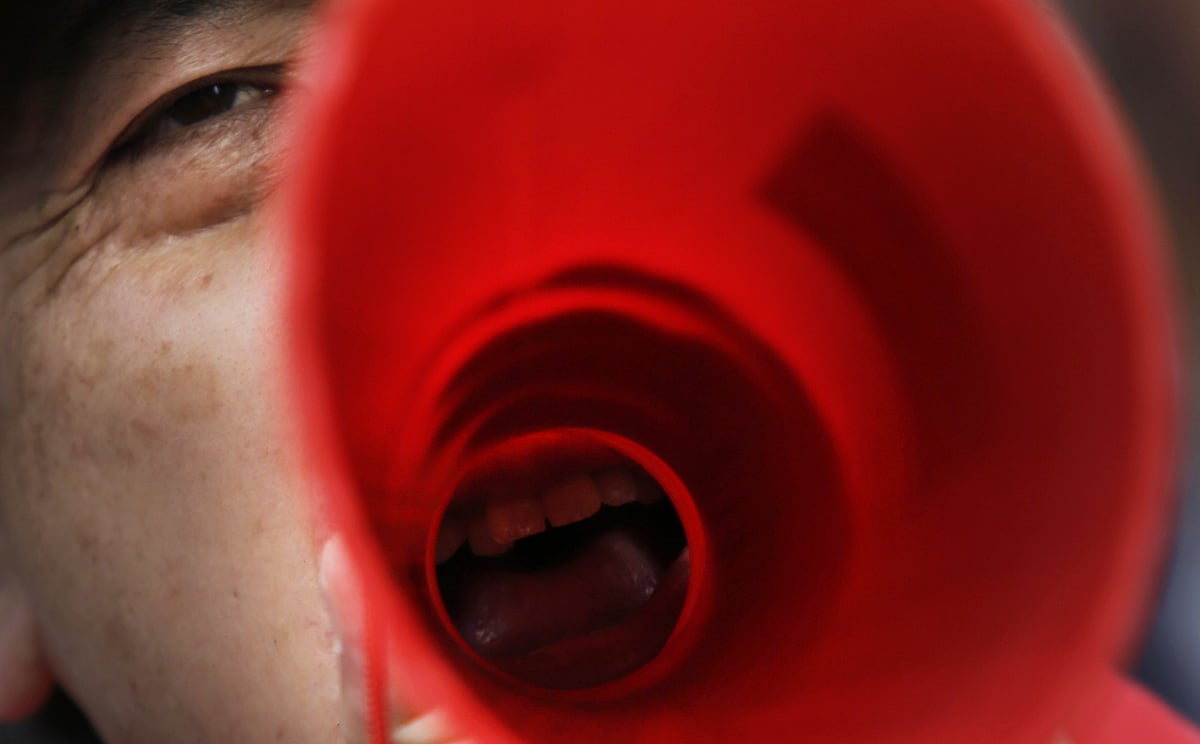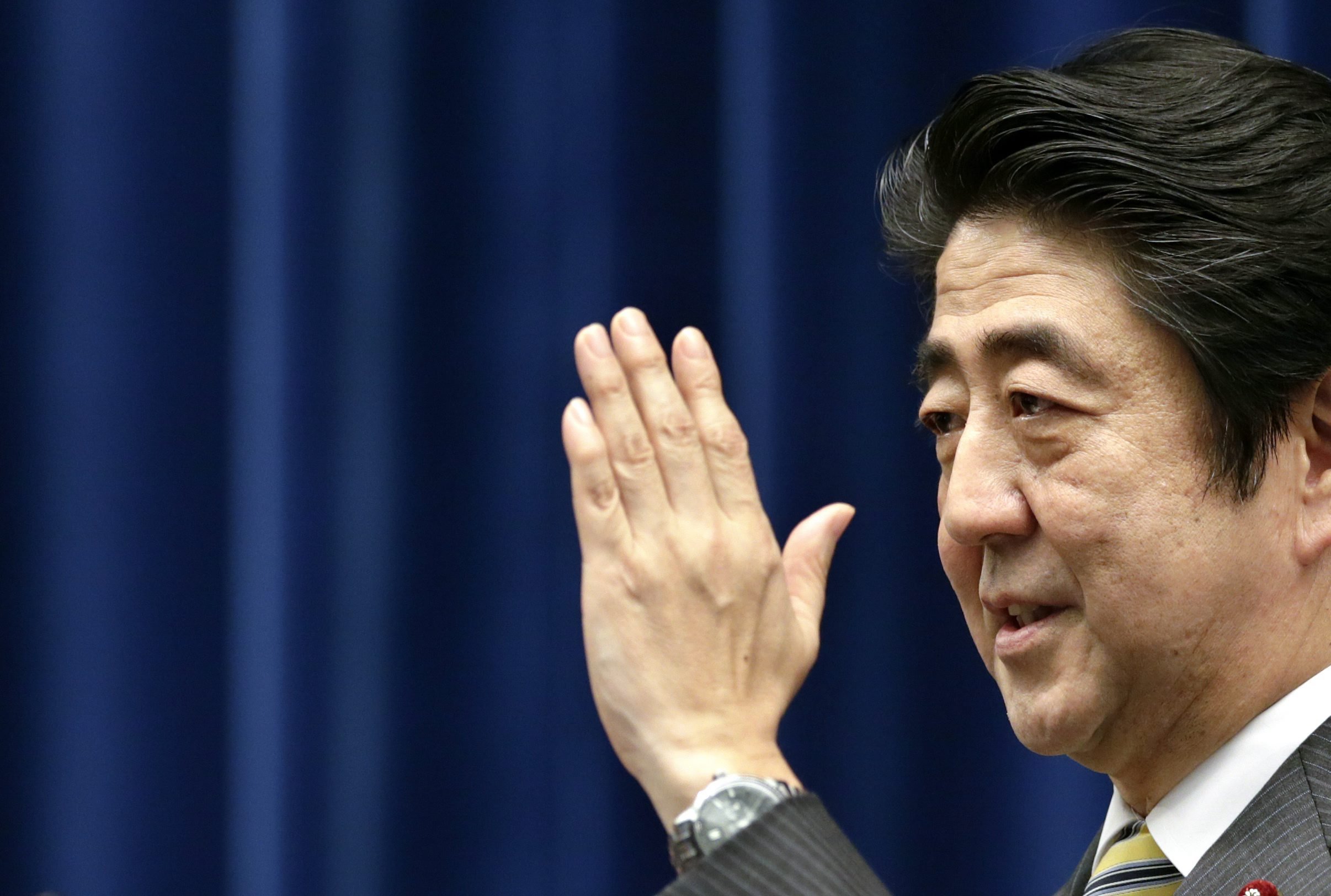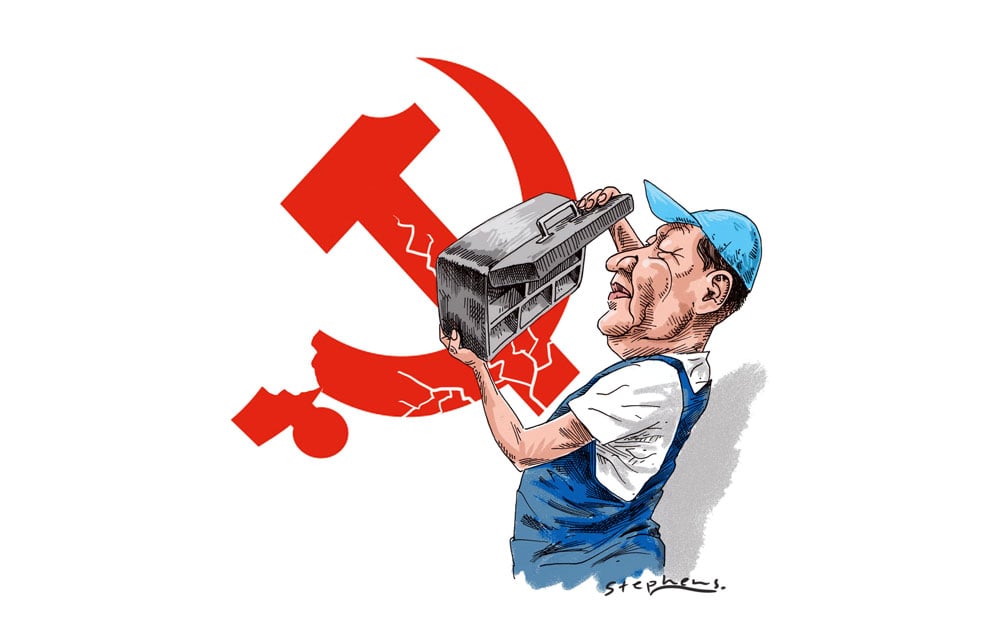As China's economy starts to slow, following decades of spectacular growth, the government will increasingly be exposed to the siren song of capital-account liberalisation.
It is not wholly true to say that the eyes of the entire world are on Hong Kong. They would be, of course, if people in mainland China were allowed to know what is happening in their country's most successful city.
The people of Scotland voted by a comfortable margin of about 10 per cent to remain part of the United Kingdom - not least because of the campaigning of three Labour politicians, Alastair Darling, Gordon Brown and Jim Murphy.
Last year, China ostensibly reached another milestone in its meteoric rise, surpassing the United States to become the world's largest trading country, with its total trade turnover valued at 25.83 trillion yuan.
In the boldest move yet since President Xi Jinping launched his anti-corruption campaign, China has announced the start of a formal investigation into "serious disciplinary violations" by Zhou Yongkang.
It is widely agreed that economic development means more than GDP growth. As China is now learning, one does not guarantee the other.
A vast revolution in military affairs is taking place across East Asia. The latest signs are Chinese President Xi Jinping's purge of General Xu Caihou on charges of corruption, and Japan's "reinterpretation" of Article 9 of its constitution to permit the country to provide military aid to its allies.
Japanese Prime Minister Shinzo Abe has unveiled his long-awaited growth strategy - the so-called "third arrow" of what has come to be known as "Abenomics".
It may be hard to imagine, but 25 years ago, the Chinese Communist Party was nearly toppled by a nationwide pro-democracy movement. It was the late paramount leader Deng Xiaoping's steely nerves and the tanks of the People's Liberation Army that enabled the regime to avoid collapse, at the cost of several hundred civilian lives.
Over the past 35 years, China's strong and sustained output growth - averaging more than 9.5 per cent annually - has driven the miraculous transformation of a rural, command economy into a global economic superpower.
